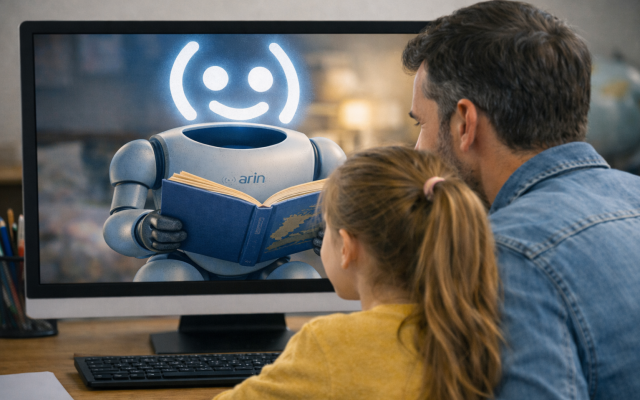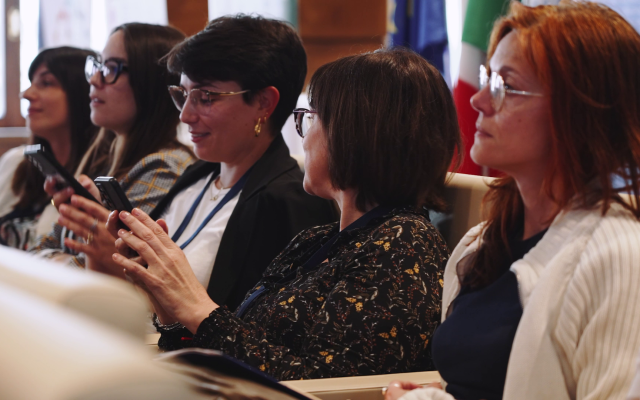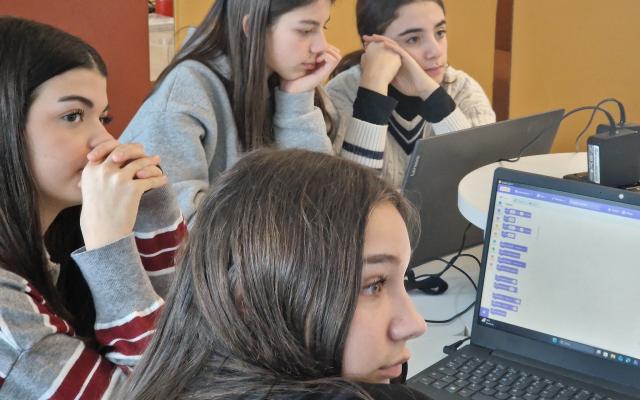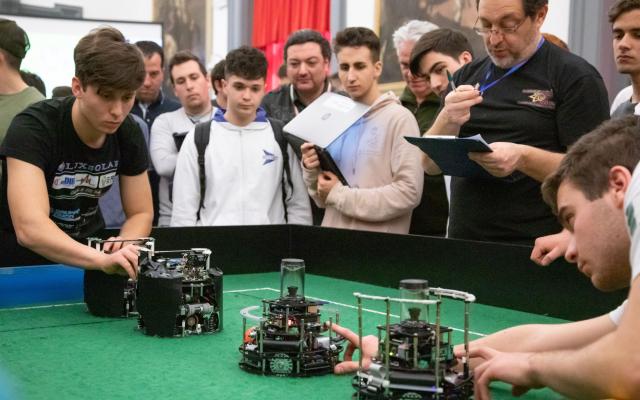Towards RomeCup 2025: interview with Unioncamere Secretary General Giuseppe Tripoli
RomeCup 2025 (7-9 May) is enriched by the patronage of Unioncamere, confirming the strategic value of the event as an educational platform and innovation laboratory. Secretary General Giuseppe Tripoli emphasises the central role of artificial intelligence in unleashing people's creative energy, the importance of guidance and training for the younger generations, and the active role of the chamber system in supporting an accessible and responsible digital transition. This discussion anticipates the themes of the event ‘Fast Forward AI: from vision to action’, scheduled at RomeCup, where Unioncamere will be among the protagonists of the debate on the Manifesto for collective action on AI and robotics.
'We have chosen to participate in RomeCup 2025 because we believe it is an initiative of high educational and strategic value, capable of bringing together technological innovation, training and the future of young people in a concrete way. As Unioncamere, we have always promoted the meeting between skills and the production system, and events such as RomeCup represent an extraordinary opportunity to enhance talent, bring young people closer to STEM professions and stimulate open dialogue between schools, universities, businesses and institutions. The RomeCup is not only a showcase for innovation, but also a living laboratory of ideas and solutions for the sustainable development of the country,’ said Unioncamere Secretary General Giuseppe Tripoli in an interview with Onelia Onorati, commenting on his organisation's decision to sponsor RomeCup 2025.
You have often spoken about how the digitisation of services and artificial intelligence are two essential frontiers for reducing time and costs and simplifying procedures, referring to public administration. We can say that AI therefore frees people's creativity and energy. How can this reflection be extended to the businesses you represent?
Digital technology and the various applications of artificial intelligence are increasingly part of human activity in all its expressions, from everyday life to work, both in the public sector and in the business world. I am convinced that artificial intelligence has enormous potential because, by automating processes and being able to analyse large amounts of data quickly, it frees people from the most repetitive and manual tasks, leaving the most creative and intellectually valuable activities to humans.
What actions and initiatives does Unioncamere have in store for young people who want to start their own business or are approaching the job market?
Unioncamere and the chamber system offer many services and activities for young people. The New Business Service (SNI), for example, is a platform that allows aspiring or new entrepreneurs to find information and highly professional services to help them face the challenge of starting their own business. Excelsiorienta is the platform that Unioncamere has designed to help students find their way in the world of work. It is a (digital) bridge that uses the data and experience of the Excelsior Information System to create a link between the world of education and the world of work. The portal is aimed primarily at young people in middle and high schools, followed by parents and teachers who are called upon to guide young people and help them become increasingly aware of the context – both educational and professional – that surrounds them. Through the PIDs, the chamber system has also been supporting businesses, especially small ones, for years in their digitalisation and sustainability efforts. Finally, particular attention is paid to innovative start-ups, supporting them with dedicated tools, especially in the phase of obtaining financial resources through complementary finance.
You will be speaking at the event ‘Fast Forward AI: from vision to action’, scheduled for 8 May at RomeCup, moderated by Riccardo Luna. With regard to the Manifesto for collective action on AI and robotics, which will be discussed and debated at the event, which principles do you feel particularly close to?
The Manifesto promotes an idea of innovation that is people-centred, inclusive, ethical and capable of generating real impact on local areas and concrete opportunities for the younger generations. In particular, I fully identify with the principles related to education and guidance, knowledge sharing and the need to strengthen skills, especially in the most fragile contexts.
As a chamber of commerce system, through the PID (Digital Enterprise Point) network, we work every day to reduce gaps and support businesses, particularly SMEs, in the digital and sustainable transition. This transition must be inclusive, accessible and guided by values of social responsibility.
It is in this context that artificial intelligence represents one of the most strategic challenges. Today, only 11.4% of Italian businesses use it, but the signs for the future are more encouraging: almost 19% plan to invest in AI by 2027. These figures emerged from a recent Unioncamere-Dintec survey based on the PID Observatory. This is a trend that the Chamber of Commerce system is ready to support more and more in the coming years. This is why we believe that collective action, such as that proposed by the Manifesto, is the right way to tackle the complex transformations linked to AI and robotics, building a shared path of development and awareness.




